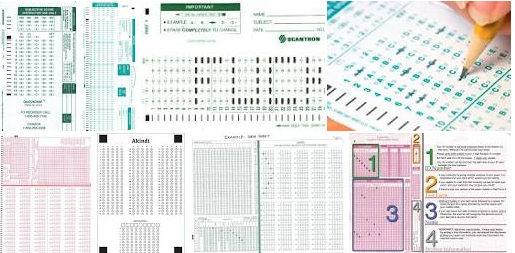Does High-Stakes Testing & Accountability= Social Justice & Civil Rights?

Last week I had the opportunity to give the Social Justice Keynote for The California Association of Latino Superintendents and Administrators (CALSA) at the University of San Diego for their Sixth Annual Research to Practice Academic Conclave on May 8, 2015. CALSA is:
A community of diverse educational leaders skilled in addressing the needs of Latino/a students and dedicated to increasing the number of highly effective Latino/a administrators.

Here is the transcription of the lecture focusing on high-stakes testing and local accountability:
I have the unenviable position of being your after lunch speaker.Looks like that gentleman in the back is already ready for his afternoon nap.First, I want to thank each and everyone one of you for dedicating your life to our state’s children.Second I’d like to invite you to tweet quotes and photos at me during this talk to @ProfessorJVH.Third, this new lecture represents the advancement, evolution, and application of my thinking about high-stakes testing.I’d like to begin thousands of miles on the other side of the planet. That place where we were always trying to dig to as a young child— China.Julian Vasquez Heilig at Great Wall of China in 1996I have visited China three times, once in each of the past three decades.What really struck me during the time that I lived in China— and my subsequent visits— was the severe integration of high-stakes testing into Chinese society to sort and stratify.I recently authored a policy brief with DongMei Li, a Chinese graduate student at the University of Texas at Austin (See After Thousand of Years, #China Changing Mind on #Testing ? #edreform). We wrote that Chinese society has been driven by testing for thousands of years, dating back to ancient times when civil servants and leaders were selected based solely on the imperial service examinations given in the Forbidden City and elsewhere.While this old exam system was terminated after more than a thousand years in 1906, the high-stakes testing culture persisted— and has played a critical role in selecting “talent” in Chinese society.Currently, the public school environment in China is testing-oriented because the sole mechanism enabling college access for the vast majority of high school students is the national higher education entrance examination.Also, for many years, entrance into high schools was determined by high school entrance exams. If you scored well, you would attend an academic or vocation school— score poorly and your journey ended with only an 8th grade education.Thus, high-stakes testing is not a new educational reform. China has used tests to sort their society for more than 1500 years!!Closer to home, for about 100 years, high-stakes tests have been used to sort and track students in the United States.Tests were first spurred on by the racist Eugenics movement (See Film Review: Defies Measurement weaves together problematic purposes of ed reform) and also IQ exams that were used to sort soldiers during the world wars.High-stakes tests were created to sort, they were not created for civil rights and social justice purposes.However, now that the federal government is requiring and monitoring high-stakes testing, they haveDoes High-Stakes Testing & Accountability= Social Justice & Civil Rights? | Cloaking Inequity:

